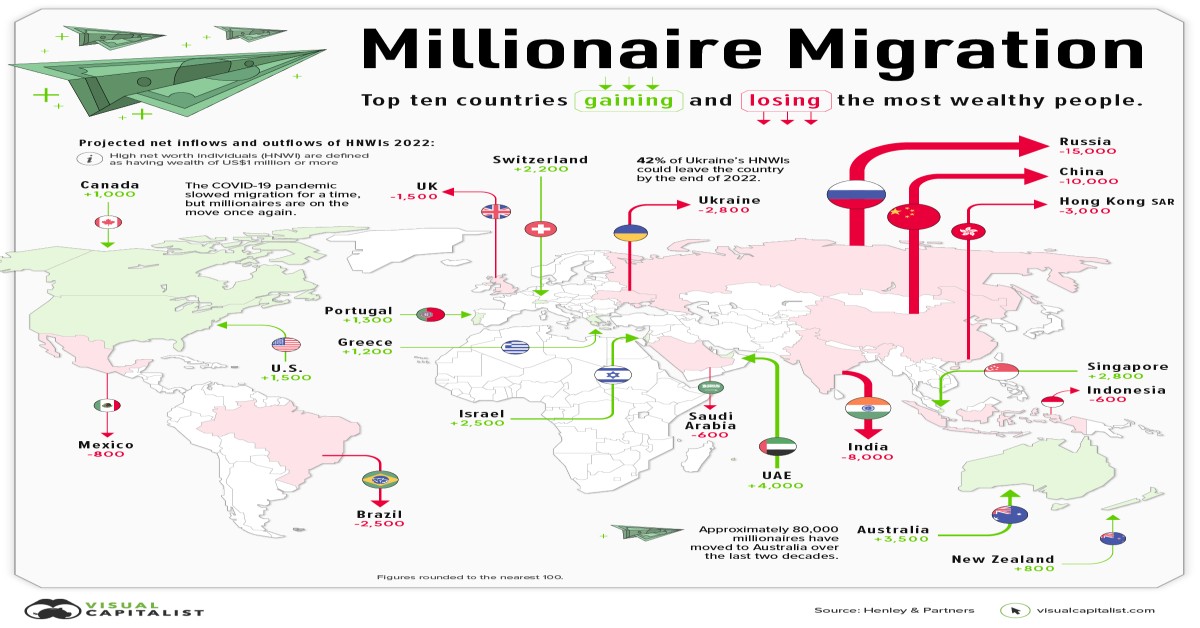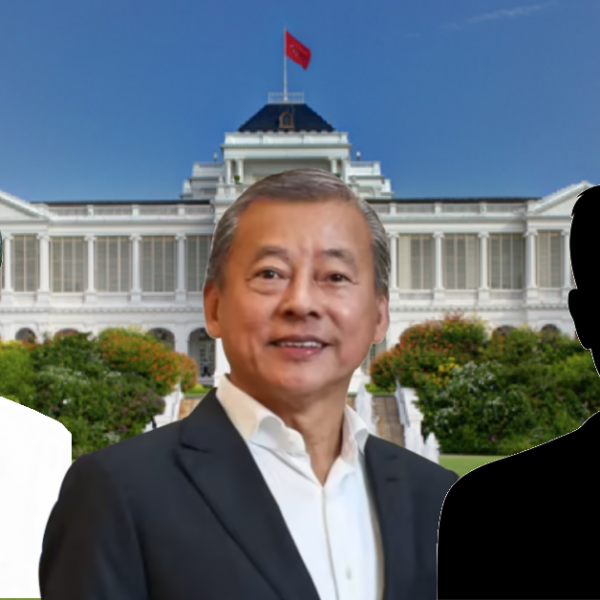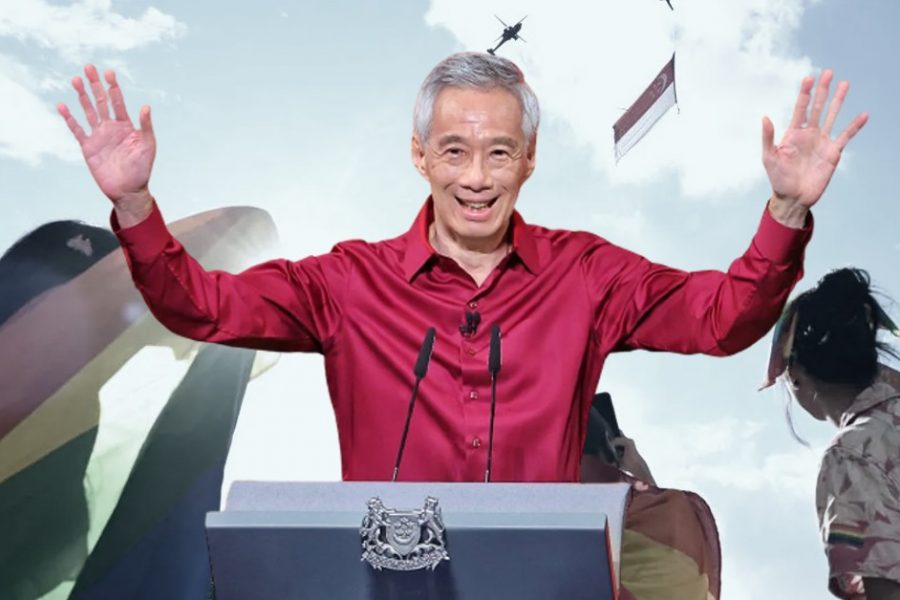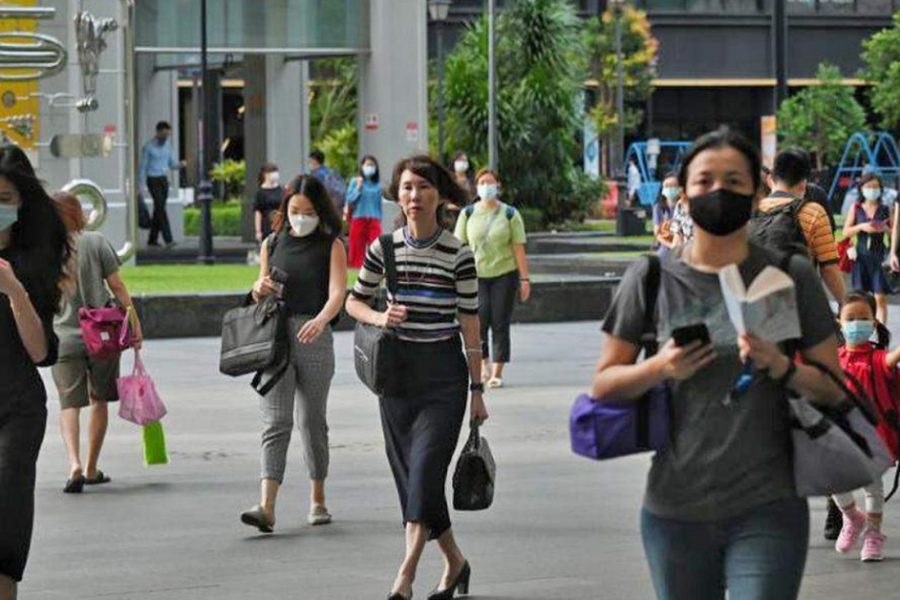By LM — In a recent report titled “Millionaire Migration”, it has been revealed once again that Singapore is a popular destination for wealthy immigrants. The city-state is the third largest recipient of millionaires worldwide, with over 2,800 High-Net-Worth Individuals (HNWIs) migrating in 2022 alone. While this influx of wealth may seem enticing, Singapore now faces a unique set of challenges associated with hosting a significant number of affluent immigrants.
The impact of an influx of rich immigrants is most keenly felt by the less affluent sections of society
The concentration of wealth in the hands of a few can create a sense of division among different social classes. The wealth gap is widened, leaving marginalized communities at a disadvantage. According to a 2020 report by Credit Suisse, Singapore had one of the highest levels of wealth inequality in the world. The report indicated that the top 10% of the population in Singapore held approximately 78.5% of the country’s wealth. Furthermore, the report highlighted that the top 1% of Singaporeans owned more than one-third of the nation’s wealth.
More Millionaires mean More Competition
Socially and economically disadvantaged individuals may find it increasingly challenging to compete for resources. This includes employment opportunities, education opportunities, and affordable housing. The high demand for housing from wealthy immigrants has pushed up prices, making it difficult for ordinary Singaporeans to buy a home. The average price of a condominium in Singapore has increased by more than 50% in the past five years.
Moreover, the strain on public infrastructure, such as healthcare and education, intensifies. Richer individuals are able to pay higher prices for private hospitals, while in contrast, average Singaporeans have to resort to long waiting times and over crowding in public hospitals. Additionally, children of richer parents are able to get all the resource they need to do better at school. From internship opportunities, to better tuition centers. Basically, societal resources are gradually tailored to the needs and expectations of the wealthy newcomers, because that is where the money comes from.
The problems caused by too many rich immigrants are a threat to Singapore’s social fabric and its long-term economic prosperity. A society with high levels of inequality and a lack of social mobility is less stable. Over time, more and more Singaporeans will be unable to compete in the global economy. As Singapore continues to attract a substantial number of high-net-worth immigrants, it is crucial to strike a balance. We need to be able to ensure that this new influx of wealth will be distributed equitably across society.





